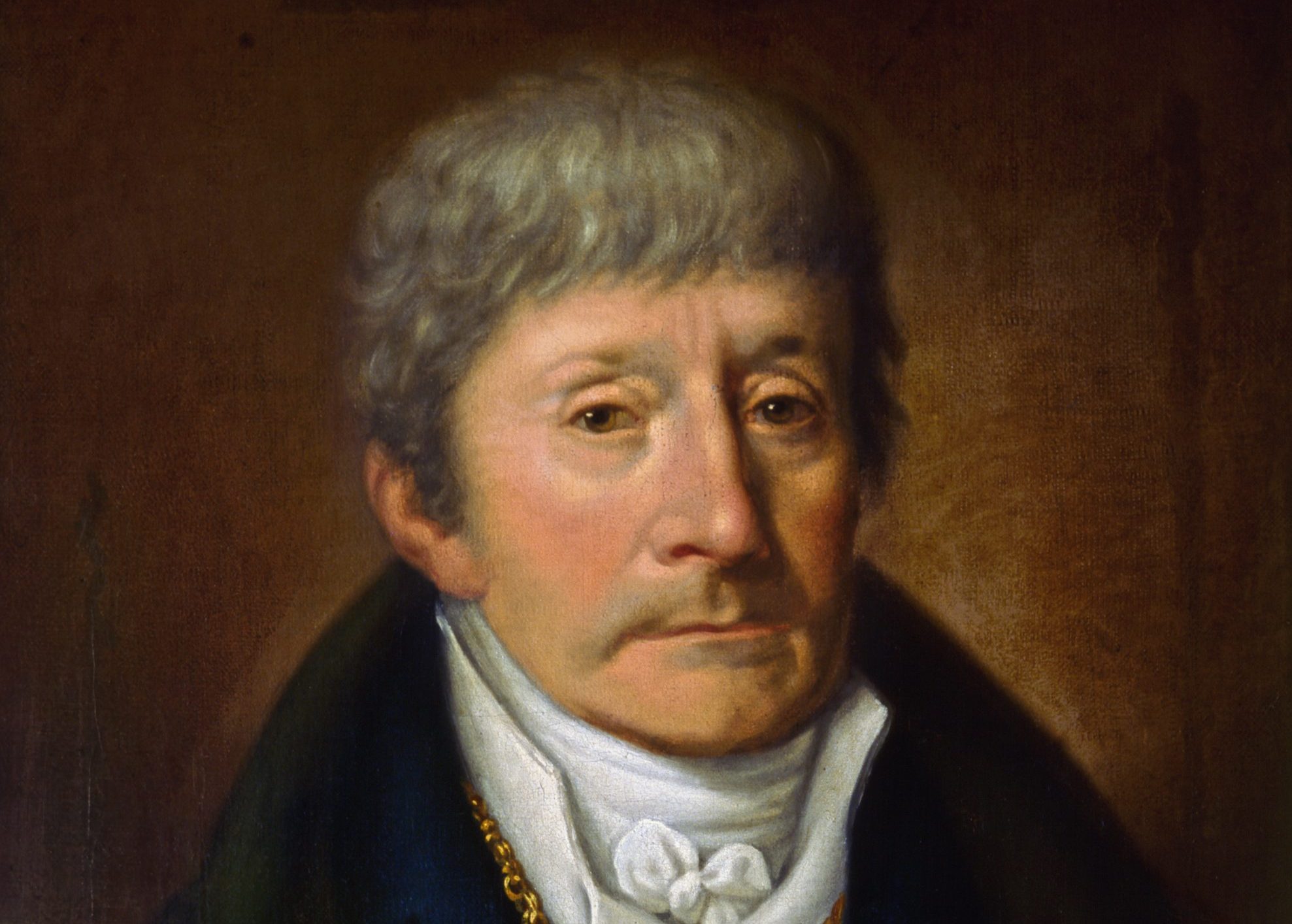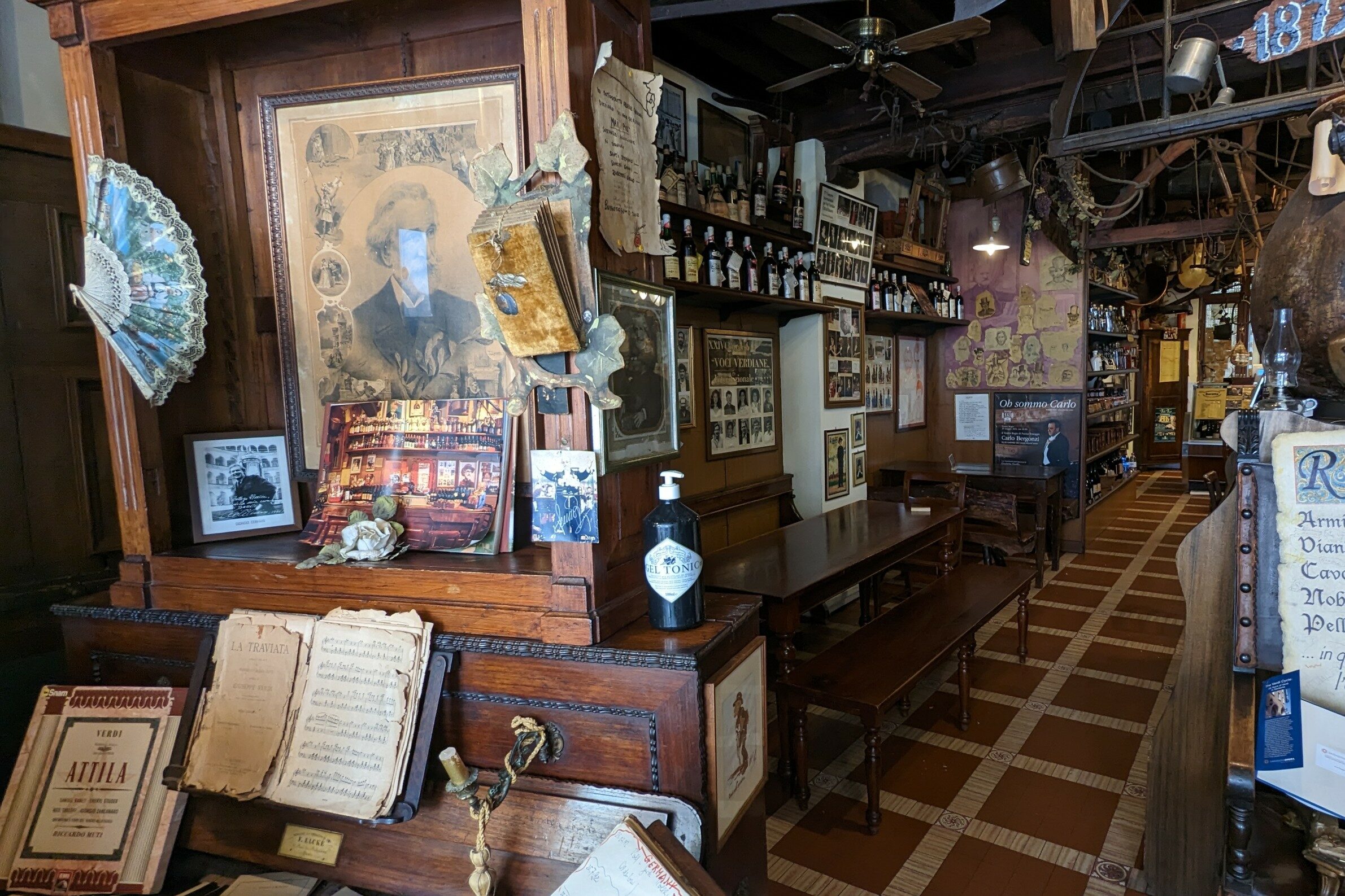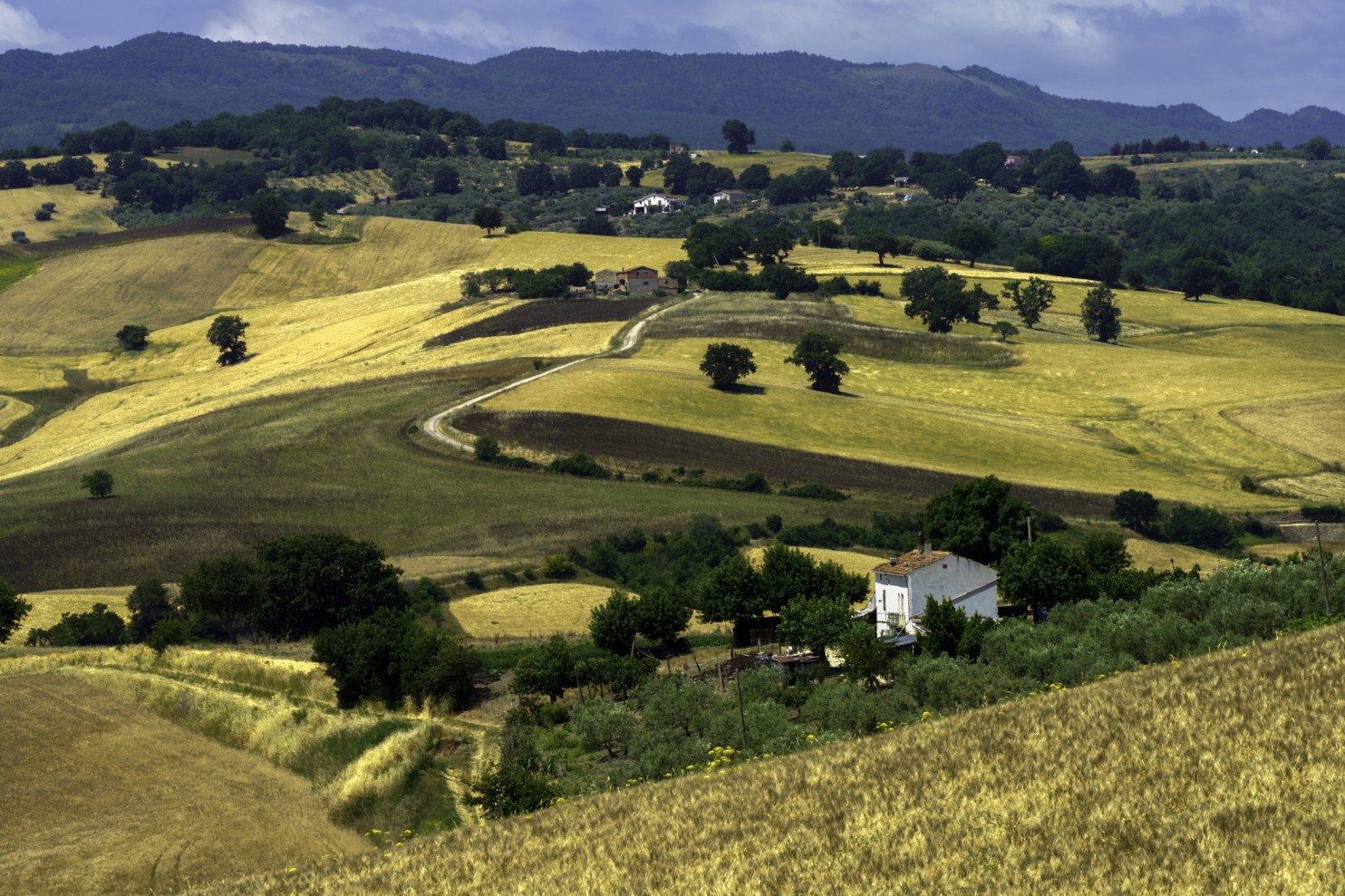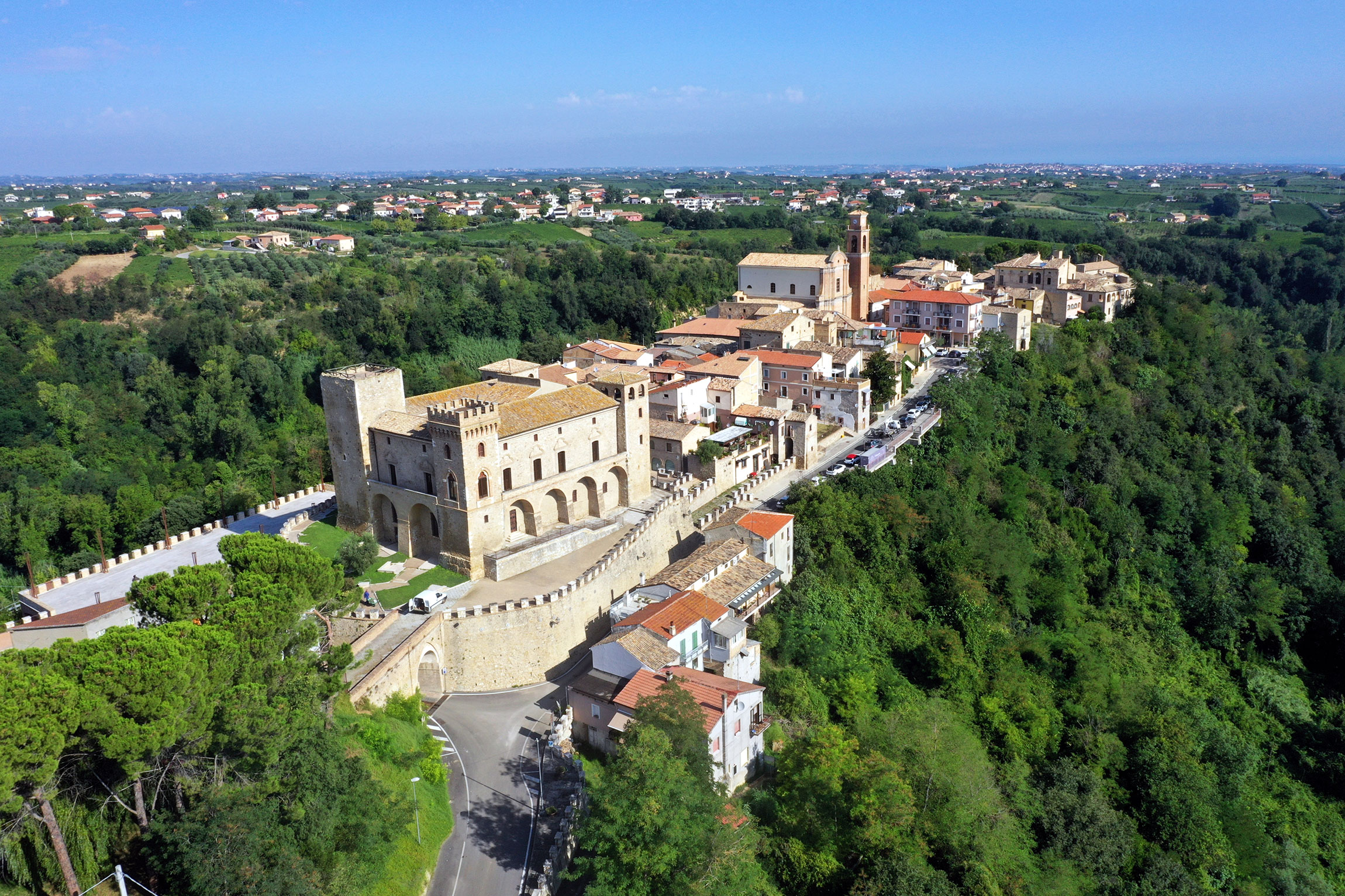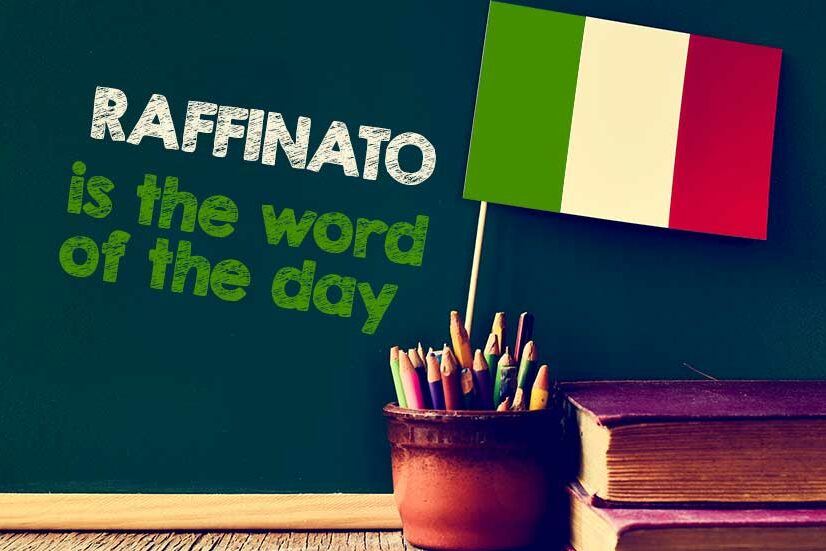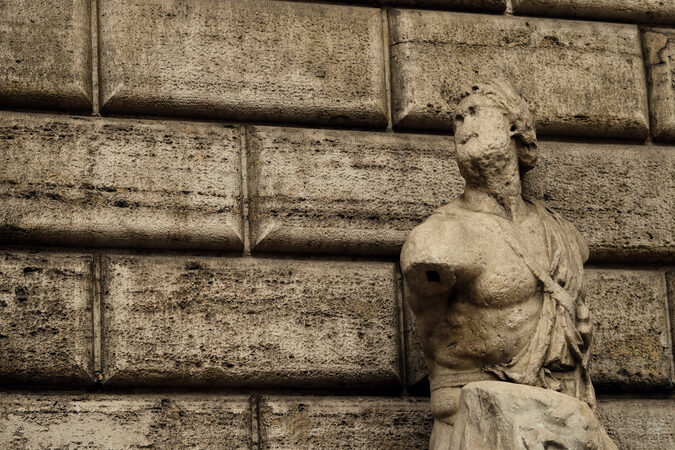By some accounts, to say that Salieri and Mozart were professional rivals, is putting it mildly. A rivalry between Mozart and Salieri was well known and is believed to have originated when Mozart applied to be the voice teacher of Princess Elisabeth of Wurttemberg. As Princess Elisabeth’s teacher, Mozart would have enjoyed greater recognition in the imperial court as well as the music world of Vienna.
Mozart’s dream to teach the princess was not meant to be since Salieri, whose popularity far exceeded that of Mozart, was chosen to be her instructor. If that were not enough to ruffle the feathers of any aspiring musician, the following year Mozart again applied to teach the princess, this time in piano: He was again denied the position in favor of Salieri.
This did not go well with Mozart or with his father Leopold. Letters between father and son reveal many of their thoughts referring to the existence of several “cabals” (cliques) of Italians led by Salieri which were actively putting obstacles in the way of Mozart’s acquiring certain positions or the staging of his operas. In one particular communication to his father, Mozart wrote that “… the only one who counts in [the Emperor’s] eyes is Salieri.”
Their letters suggest that both Mozart and his father, being Austrians, resented the special place that Italian composers had in the courts of the Austrian princes. They blamed the Italians in general and Salieri in particular for all of Mozart’s difficulties in establishing himself in Vienna. There was no doubt that Salieri’s position of power gave him control over the availability of theatres and performers in Vienna. Salieri promoted his own shows to the detriment of Mozart’s productions.
Mozart had died at a fairly young age, but some decades after his death a rumor began making its way into the popular culture of Vienna suggesting that Salieri was somehow responsible. As rumors go, this one seemed to take on a life of its own, culminating with a declaration that Salieri had actually murdered Mozart by means of poison. The cause of Mozart’s death is as mysterious today as it was in 1791, and if poison was indeed the instrument of Mozart’s demise, we are still at a loss as to who the culprit might have been. A possible elemental cause of such a rumor might be attributed to the rivalry which existed between the German and Italian schools of music in Vienna.
The debate gave rise to two groups: There were those who knew Salieri and defended him against the rumors and a much larger group, the “Court of Public Opinion,” composed of those who did not know either man nor have any firsthand knowledge. It was rumored that in his later years, Salieri actually confessed to murdering Mozart.
Although there is no evidence of such a confession, screen writers and film makers, in their haste to produce Amadeus, were quick to use the hundred-year-old rumor to add intrigue to their Hollywood production by portraying, in the opening scenes, Salieri confessing that he had killed Mozart. The research indicates, however, that during the last two years of Salieri’s life, he was given round-the-clock care by two caregivers who had given written statements to the effect that they had never heard Salieri make any such confession.
It is interesting to note that throughout his life, Mozart was prone to many illnesses, suffering from smallpox, tonsillitis, bronchitis, pneumonia, typhoid fever, rheumatism and gum disease. It is believed that his final illness began when he visited Prague to supervise the performance of a new opera. While in Prague, Mozart became ill and died of his illness shortly after his return to Vienna. The official diagnosis and cause of death was listed as rheumatic fever.
There is no doubt, that much of Salieri’s success was attributed to the Emperor Joseph II, who favored his music. But the 1790s brought about significant changes in the life of Salieri. Emperor Joseph II, his long-time patron, died that year. Consequently, Salieri requested to have less responsibility. In lieu of performing his many duties, he agreed to compose one new opera each year, but even the lessening of duties were burdensome for the aging Salieri. Eventually, Salieri’s works dropped from performance and he wrote no new operas after 1804. Between the years 1800 and 1868, Salieri’s music, as well as his name, gradually disappeared from memory.
There is no doubt that the film Amadeus brought the revitalization of the name Antonio Salieri over much of the world including the town of Legnago, Italy. Today, in Legnago, the place of his birth, Salieri’s popularity seems to have brought about a revision of his music as well as a rekindling of interest in academic studies of his works. A theater has been renamed in his honor and the Salieri Opera Festival, sponsored by the Fondazione Culturale Antonio Salieri, has become an annual event.
Presently, the remains of Antonio Salieri lie under a modest headstone in Vienna’s Central Cemetery. An Italian committee which calls itself “Legnago per Salieri” has, as its primary objective, a program to repatriate the remains of Antonio Salieri to his birthplace.
As of January 2013, press reports noted that authorities in Vienna have refused to return the remains of composer Antonio Salieri after his native town of Legnago, launched a bid to have them repatriated. A spokeswoman for Vienna’s cultural authority told the newspaper, the Oesterreich Daily, “Salieri is part of Vienna’s musical history.” “…[Returning Salieri’s remains] is pretty unlikely,” she added.
At Legnago, former regional counselor and committee head, Franco Bozzolin, commented to the newspaper, L’arena, “We know that the path to bring Salieri back home will be long and we have not forgotten the previous unsuccessful attempts, but we are convinced that our initiative will be successful.”
In the meantime, communication between the towns of Vienna and Legnago may very well continue into eternity. While the rivalry between Mozart and Salieri has literally been laid to rest, we can take consolation in the certainty that at least we have by now become familiar with the name of Antonio Salieri.
